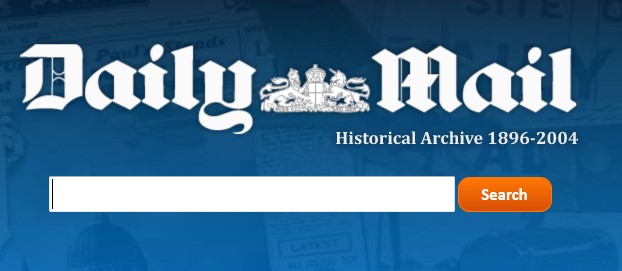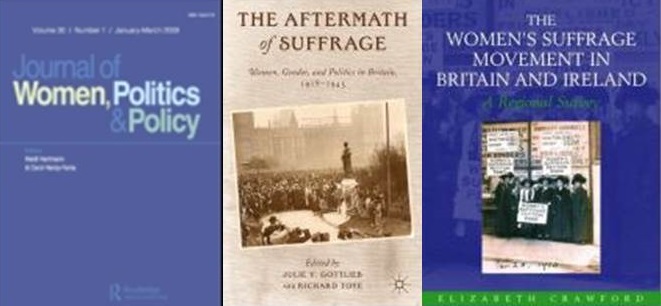The Library has been given trial access to the independent online newspaper EUobserver. Launched in 2000 their aim is to support European democracy by giving people the information they need to hold the European Union (EU) establishment to account.
You can access the database via the E-resources trials page.
Access is available both on and off-campus.
Trial access ends on 7th April 2017.
EUobserver is an independent, not-for-profit news organisation established in Brussels in 2000. Their team of journalists file daily news reports from the EU capital and beyond and do in-depth investigations on topics of special interest. EUobserver is the only independent news media covering EU affairs in Brussels and all 28 member states. They are not funded by the EU institutions.
The database can be accessed for the duration of the trial period via e-resources trials.
Access is available both on and off-campus.
Trial access ends 7th April 2017.
Feedback welcome.








